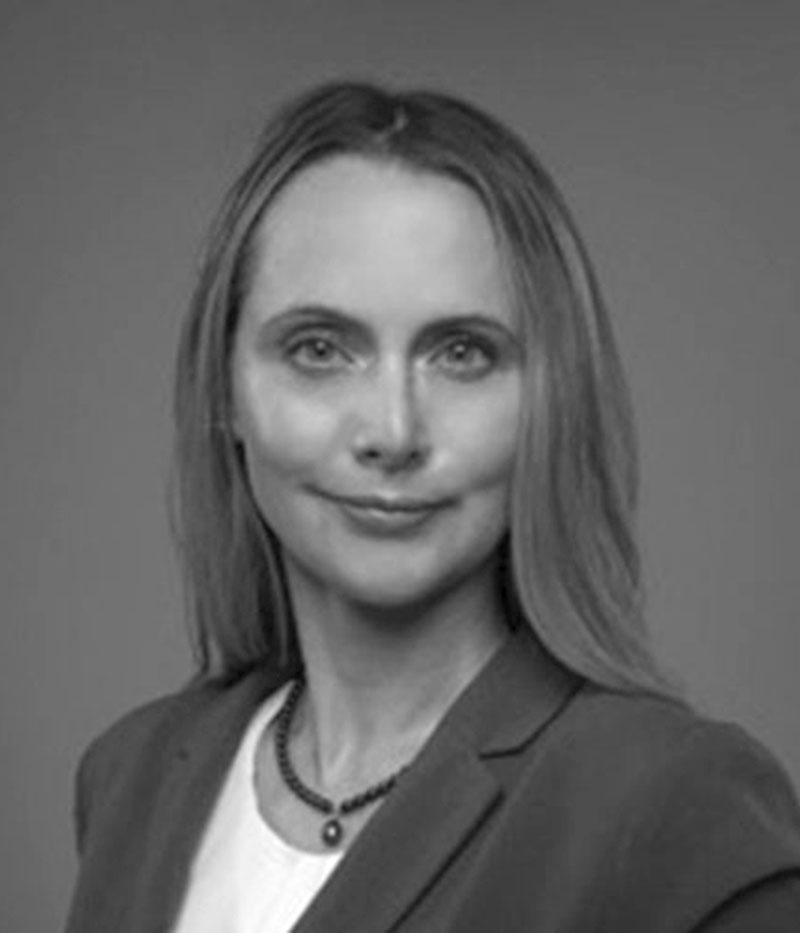AN INTERNATIONAL INITIATIVE AGAINST TRANSNATIONAL ORGANISED CRIME IN THE GLOBAL FISHING INDUSTRY
Over the course of eight in depth tutorials and a public seminar, the Blue Crime Dialogue Forum explores what is known and what remains unknown about fisheries crime prevention.
Despite their efforts, states across the globe find it difficult to develop and implement effective and proportionate strategies to address fishing crime. As a result, actors that engage in fisheries crime continue to undermine fisheries management and conservation efforts, the competitiveness of law-abiding industry actors and coastal States’ revenue from the blue economy.
In 2018, Norway took the initiative to establish the first international political declaration to address transnational fisheries crime, known as the Copenhagen Declaration. The parties to the Copenhagen Declaration note the Yogyakarta-recommendations of 2016, of which recommendation 6 recognize the importance of stimulating cross-disciplinary research that will assist governments develop effective strategies and legal frameworks nationally and internationally to address fisheries crime.
The project Blue Crime Dialogue Forum is a collaboration between the Norwegian Ministry of Trade, Industry and Fisheries and the Norwegian University of Life Sciences (NMBU). The aim is to commence a dialogue between Norwegian and Nordic researchers and civil servants on what is known and what remains unknown about fisheries crime and fisheries crime prevention, what goals we should set in this area and how research may assist in reaching these goals.
Over the course of eight tutorials and a public seminar researchers, practitioners and policy makers meet to discuss different perspectives on the underlying problems associated with fisheries crime and the tools and measures governments have at their disposal to address and prevent these problems.

The academic expert is Professor Stig Jarle Hansen who has conducted extensive research on maritime crime since 2006. Professor Stig Jarle Hansen has previously worked with the US state department, NATO, the Norwegian Royal Navy, the United Nations Office on Drugs and Crime, The Horn Institute, and The Contact Group on Piracy off the Coast of Somalia (CGPCS). Hansen has given related presentations across the world and has worked with the Danish private actor Risk Intelligence to create maritime risk assessments, while also appearing on CNN, Al Jazeera, BBC, Chinese Channel 4 (CCTV4), and other global media outlets as an expert commenter on related issues. Professor Hansen is currently heading the international relations program at the Norwegian University of Life Sciences.

The policy expert is Eve de Coning, policy director at the Ministry of Trade, Industry and Fisheries. De Coning is currently seconded to Økokrim to assist the Norwegian police build knowledge and situational awareness on fisheries crime. She has previously been seconded to National Central Bureau (NCB) Oslo at the National Crime Investigative Services – Norway (Kripos) for four years while holding leadership positions in the INTERPOL Fisheries Crime Working Group. She has led multilateral operations and exercises and otherwise worked on topics relating to fisheries crime and fisheries crime prevention with INTERPOL in Lyon, the United Nations Office on Drugs and Crime (UNODC) and the International Labour Organisation (ILO). De Coning is the author of several academic articles, book chapters and reports on fisheries crime, human trafficking in fisheries and fisheries crime law enforcement and prevention.